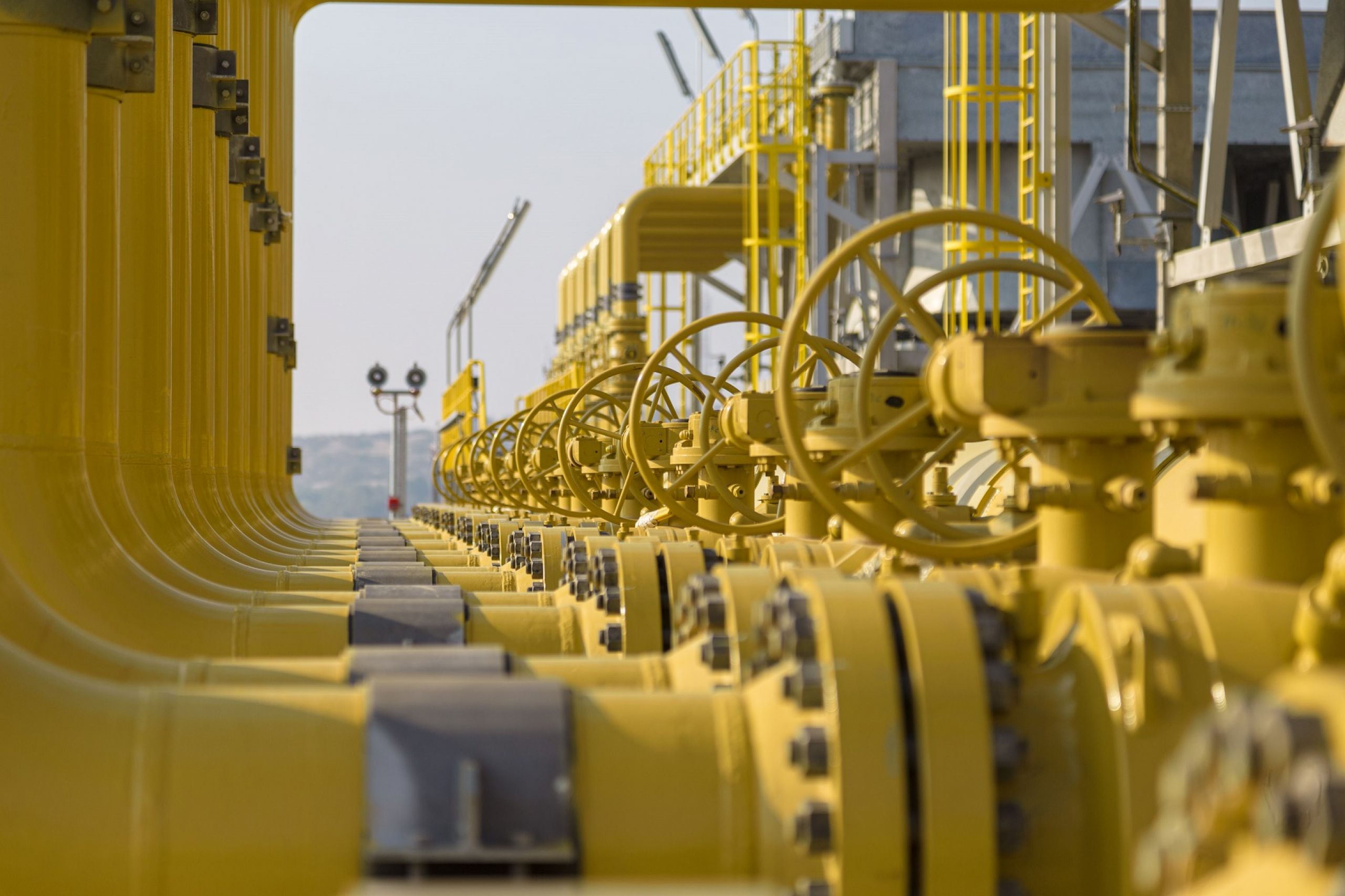The US Ambassador to Azerbaijan, Earle Litzenberger, said the resilient energy infrastructure of Azerbaijan, in particular the Southern Gas Corridor mega-project, has put Azerbaijan at the forefront of energy security for many US allies and partners.
According to the ambassador, the natural gas supplies through the Southern Gas Corridor (SGC) pipeline would support European energy security for decades to come.
“Azerbaijan’s energy sector has been transformative for the country and for European energy security,” Litzenberger said at the closing ceremony of the Advanced Regional Energy Security Symposium 2021 – Caucasus held at the ADA University in Azerbaijan’s capital Baku this week. “I want to reaffirm US support for the Southern Gas Corridor and Azerbaijan’s efforts to expand deliveries into new European markets.”
Ambassador Litzenberger’s remarks came amidst the increasing prices for natural gas in Europe. European consumers have been shocked by the record-high gas prices in recent weeks. The price of the October futures on the TTF hub in the Netherlands reached $751.17 per 1,000 cubic meters, or 61.565 euro per MWh.
Increased gas exports by Russia, the largest natural gas supplier in Europe, could not relieve stress that is being felt across Europe given the use of natural gas in heating and electrical power generation. European consumers are convinced that the surge in prices will further feed the tariffs for gas and electricity in winter when consumer demand soars due to the cold weather.
“The market is very nervous as we move into the winter season,” Laura Page, an analyst at Kpler, a research firm was quoted as saying by the New York Times. “We have very low storage levels for the time of year.”
In the meantime, Russia's Gazprom, the world’s largest natural gas supplier, announced on Friday the completion of Nord Stream 2 pipeline’s construction. The pipeline will add 55 billion cubic meters (bcm) of natural gas to the annual supply capacity of Nord Stream 1. Nord Stream 2 stretches over 1,200 kilometers from Russia’s northwestern Ust Luga settlement to Germany underneath the Baltic Sea bypassing overland transit in Ukraine.
German regulators have not yet certified the pipeline. US and Ukrainian authorities oppose the project. While Nord Stream 2 deprives Ukraine of billions of dollars presumably in transit fees, Washington believes it will increase the reliance of Europe on Russian supplies and calls for exploring options for import diversification.
Natural gas trapped beneath the Caspian Sea has long been seen as one of the new supply sources for Europe. In 2011, the European Union and Azerbaijan joined forces to build an all-new route that would carry gas from the Caspian Sea directly to Europe, namely the Southern Gas Corridor (SGC). In addition to European Union countries, in 2012, Turkey was confirmed as the next buyer of the Caspian gas supplied on SGC. The ground for the new pipeline was broken in 2014.
The 3,500-kilometer three-part Southern Gas Corridor spans seven countries starting from Azerbaijan, transiting through Georgia, Turkey, Greece, Bulgaria, Albania before finally coming ashore in Italy. In June 2018, Turkey received the first commercial gas on the SGC’s largest segment – the Trans Anatolian Pipeline (TANAP). The Trans Adriatic Pipeline (TAP), which is the last segment of the SGC route, facilitated the delivery of commercial gas to European Union markets in December 2020.
The main source for the gas supplied through SGC is Azerbaijan’s Shah Deniz 2 gas field beneath the Caspian Sea. The $28 billion project operated by BP supplies 16 bcm of gas to the SGC annually. Ten bcm is purchased by European Union countries and the rest six bcm is destined for Turkey.
As of May 2021, European markets received over 2 bcm of Azerbaijani gas on TAP.
“While the first volumes are modest in relation to Europe’s overall gas consumption, the project allows several countries in Europe to diversify their sources of supply to reduce their reliance on gas from Russia. In addition, the project is scalable and can bring additional volumes to reach additional countries in Europe,” reads a statement released by Global Energy Center of the American think tank Atlantic Council.
In the meantime, Marija Savova, Head of TAP Commercial, said three expansion scenarios were available for TAP in order to supply Azerbaijani gas to more consumers in Europe.
“TAP is currently offering three expansion scenarios: a limited expansion (approx. 14.4bcm/a), a partial expansion (approx. 17.1bcm/a) and a full expansion (approx. 20bcm/a). Through the open, transparent, and non-discriminatory market test process, TAP offers forward firm long-term capacity to the market and we look forward to receiving bids during the summer period,” Savova noted.







 Iran's senior military leaders described the drone and missile attack on Israel on April 14 night as “successful".
Iran's senior military leaders described the drone and missile attack on Israel on April 14 night as “successful".
 The number of evacuees from flooded areas in Kazakhstan has reached 97,852 people, including about 32,856 children since March 27.
The number of evacuees from flooded areas in Kazakhstan has reached 97,852 people, including about 32,856 children since March 27.
 Iranian President Ebrahim Raisi warned Israel that it would face a "real and extensive" response if it makes any "mistake" following Tehran’s missi...
Iranian President Ebrahim Raisi warned Israel that it would face a "real and extensive" response if it makes any "mistake" following Tehran’s missi...



